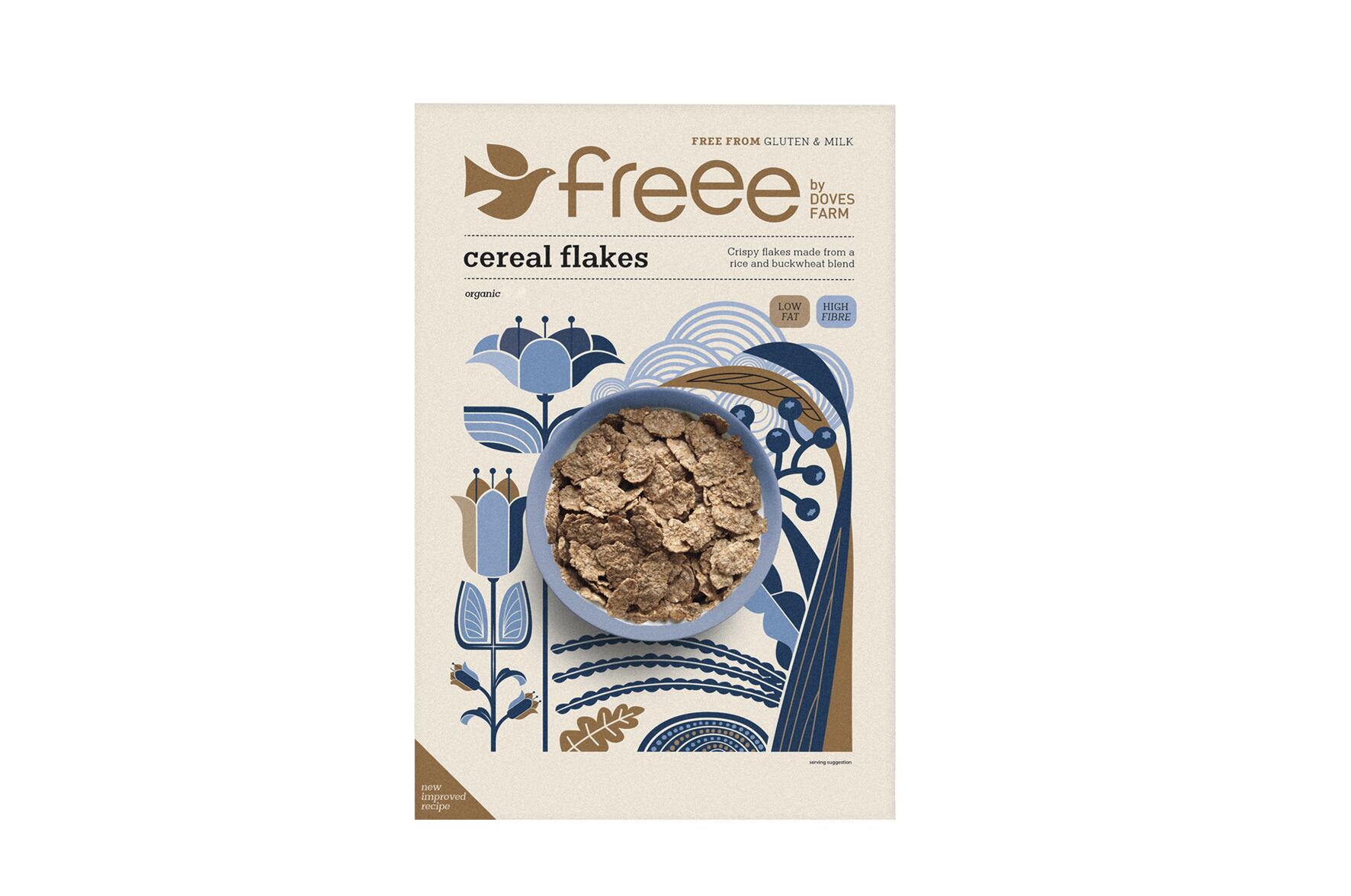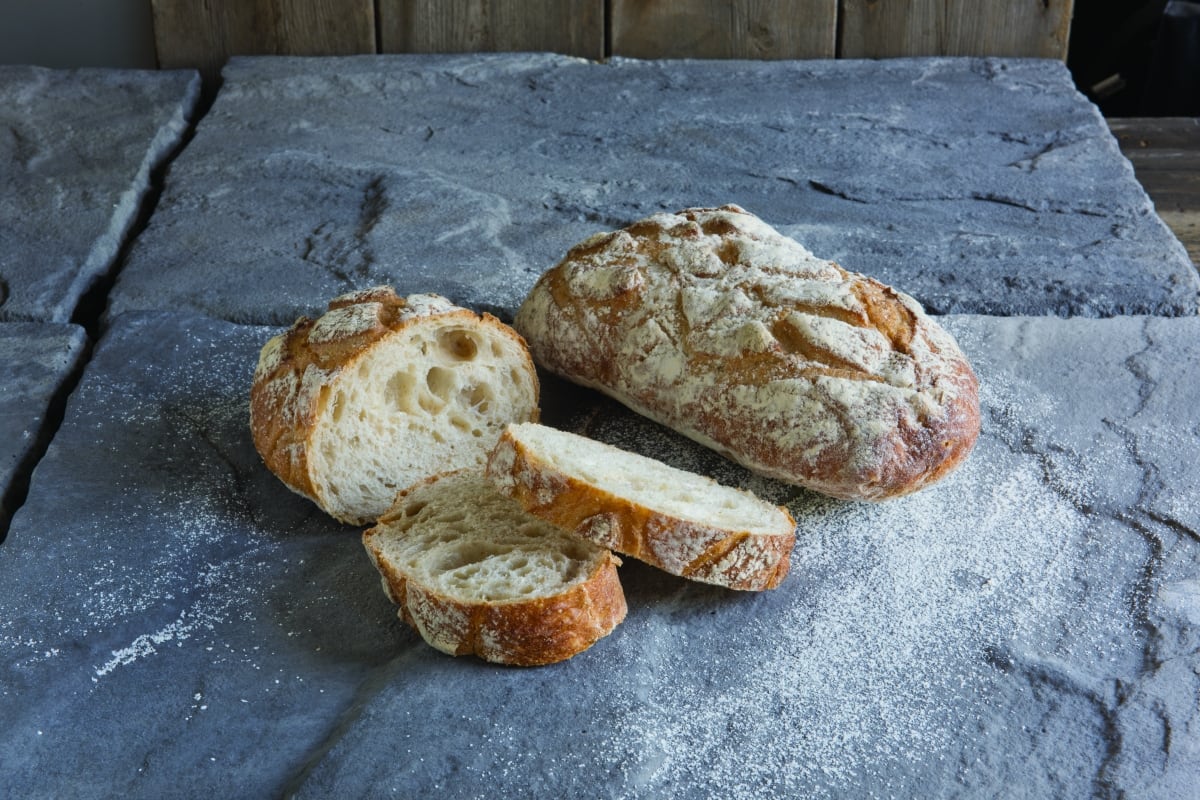Coeliac disease is a serious autoimmune condition caused by a reaction to gluten, a protein found in wheat, barley and rye. The 1% of the population with coeliac disease must follow a strict gluten-free diet for the rest of their life if they are to avoid very serious complications such as osteoporosis and infertility.
However, a more general interest in gluten-free diets and self-diagnosis of gluten sensitivity has arisen worldwide.
Biomarkers for the condition
Non-coeliac gluten sensitivity has been characterised by symptom improvement after gluten withdrawal in the absence of coeliac disease, but the culprit is unclear and there are no biomarkers for the condition. Also, the symptoms – such as bloating and gas production – overlap with irritable bowel syndrome.
A randomised controlled crossover trial, published in the journal Gastroenterology, points the finger at fermentable carbohydrates known as fructans (part of the carbohydrate family known as FODMAPs), which are energy sources used by plants and so found in many edible plants including grains, as well as onions, garlic, brassica vegetables, some fruits and artichokes.
The trial compared the effects of gluten (without fructans) and fructans (without gluten) on gut symptoms in people with self-reported gluten sensitivity.
Increase in symptoms
Overall, the effect of gluten was not significantly different to the placebo, using multiple criteria, but a small dose of fructans (2.1g) induced an increase in symptoms, including bloating.
The authors speculate that the improvement seen with a gluten-free diet in people who don’t have coeliac disease, may be the result of coincidental avoidance of fructans.
Also, the findings raise doubt about the need for a gluten-free diet in such patients and the authors question whether the condition needs to be renamed.
Judy Buttriss is director general of the British Nutrition Foundation.




